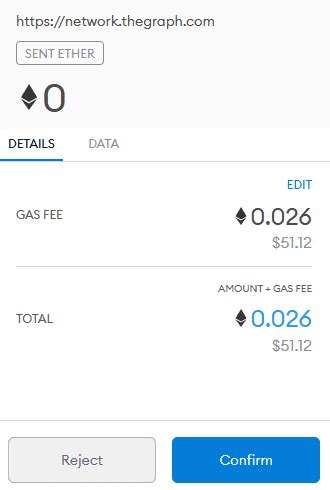Cryptocurrency Development: Krypto, Gas Fees, Event Confirmation and Mountains
The world of cryptocurrency has passed far since its foundation in 2009. From the beginning of its humble Niche investment, its current position as a mainstream phenomenon, cryptocurrency has revolutionized the way we think about money and events. In this article, we explore the basics of cryptocurrency, explore the concept of GAS, strengthening events and Mainnet – and explore the latest development of this rapidly evolving field.
What is cryptocurrency?
Cryptocurrencies are digital or virtual currencies that use encryption for safe financial institutions. They are found only in electronic form and are not supported by any physical commodity or government. The most famous cryptocurrency is Bitcoin (BTC), but there are many others, such as Ethereum (ETH), Litecoin (LTC) and Monero (XMR).
Cryptocurrency Basics
To understand how the encryption currency works, the key concepts are broken down:
- Blockchain : Blockchain is a decentralized, decentralized main book that records all events with a specific encryption. It’s like a digital accounting system.
- Mining : Mining is a process that validates and adds new blocks to the block chain. It requires significant computational forces and energy resources to solve complex mathematical puzzles.
- Wallets : The wallet is an online or offline storage that is used to store, send and receive cryptocurrencies.
gas charges
One of the most significant challenges of encryption currency trades is gas charges. Gas charges are a fee paid by users for each event on Blockchain. The amount of gas required for a store can be astronomical – in some cases more than 100% of the total transaction value!
The reason for this high cost is the complexity of scattered network events. To ensure the integrity and safety of the blockchain, miners must solve complex mathematical puzzles with efficient computers. These calculations require significant computational forces and energy resources, which increases gas charges.
Transaction Confirmation
As with any digital payment system, confirmation of cryptocurrency trade is crucial to ensure that the funds are released to the recipient. Transaction confirmation typically contains several steps:
- Certification

: The sender’s wallet will ensure your own balance and check the ongoing events.
- Mine : Mining workers determine their complicated mathematical puzzles to validate and add them to the block chain.
- Shipment : Updated blockchain is sent to all network nodes that check and update their copies of Blockchain.
Mountains
Mainnet is a primary, publicly available Blockchain network that hosts most cryptocurrency shops. It is a central center of cryptocurrency activity that offers fast, safe and reliable event processing.
There are several Mainnet networks including:
- Bitcoin
: The first and largest cryptocurrency, Bitcoin operates on the Pow Certificate of Certificate (Pow).
- Ethereum : Ethereum is a decentralized platform that allows developers to build, introduce and manage intelligent contracts and decentralized applications (DAP).
- Litecoin : Litecoin is designed as an alternative to Bitcoin with faster events and lower payments.
New Development
The cryptocurrency space has developed rapidly and there are several new developments on the horizon:
- Scalability Solutions : Researchers are studying ways to increase the scalability of blockchain networks, such as shading, outside the chain, and much more.
2.
